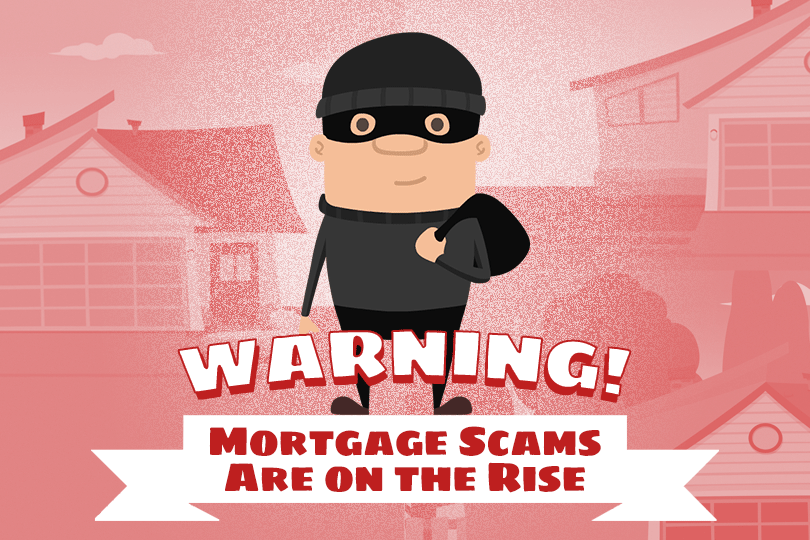FHA Loans and Wire Transfer Scams

It doesn’t matter if you are buying a mobile home, having a house built from the ground up using an FHA One-Time Close mortgage, or renovating a property with an FHA 203(k) rehab loan. The type of mortgage scam we’re warning about here is targeted at those approaching loan closing day.
How Mortgage Loan Wire Fraud Works
There are many variations on tired old scams and con artist games. This is one of them. The details may change, and some of the approaches may get altered, but at the end of the day, there’s one thing all mortgage closing scam attempts have in common.
The scammer does NOT want you communicating directly with your loan officer.
Knowing that can be a huge help when avoiding such con games as you approach closing day. What typically happens is that at some point before closing day, the intended victim (the buyer) receives a notification by text, email, social media contacts, or phone, giving “urgent” instructions for sending your closing money to the lender.
Your “Urgent” New Wire Transfer Instructions Are a Scam
The message you get may appear 100% legitimate. It may even have the correct email address of your lender or real estate agent. But the “urgent” change is your first indication that something is not...quite...right.
The email will tell you to do something different than you and the lender agreed to, typically requiring you to wire transfer money somewhere. When you get to this part of the scam, stop reading.
Call your loan officer DIRECTLY using the bank’s central number, and NEVER call or respond to any phone number or other contact info in the scam communication you got.
The common factors in mortgage closing scams are:
- URGENT instructions.
- Instructions telling you that you “may lose your home” or be denied the sale if you don’t ACT QUICKLY.
- Instructions telling you to deviate from the original plan you and the lender worked out.
- Requirement of a wire transfer.
------------------------------
RELATED VIDEOS:
You're Almost There When You Get Your Loan Approval
Learn About the Mortgage Insurance Premium (MIP)
Pre-approval Starts the Mortgage Process

Do you know what's on your credit report?
Learn what your score means.






